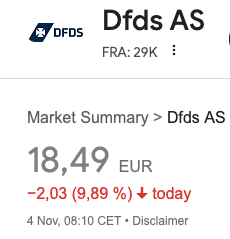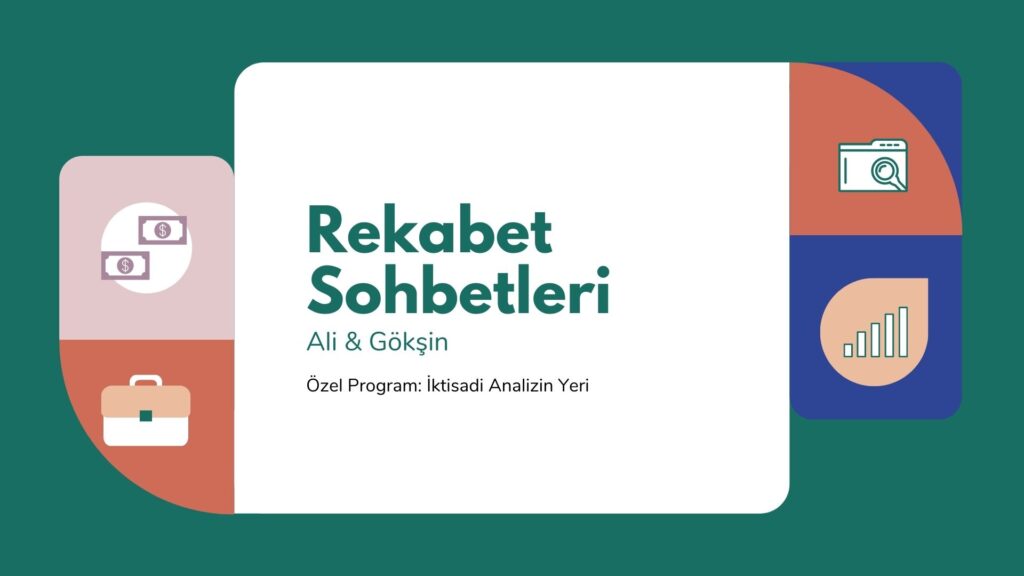Approximately two and a half years ago, DFDS made a bid of 260 million euros to acquire Ekol Logistics’ international operations. However, just 24 hours before closing on October 31, DFDS sought to revise the offer, requesting a price reduction. Ekol Logistics declined, and the acquisition was officially called off on November 1. DFDS had previously entered the Turkish market by acquiring UN Ro-Ro, one of Turkey’s largest Ro-Ro shipping companies, and Ekol Logistics had become one of DFDS’s major clients.
Interestingly, the Turkish Competition Authority’s approval for this acquisition had been granted back in July last year after a nearly nine-month process, but the extended period leading up to the closing raised eyebrows. Ahmet Musul, Chairman of Ekol Logistics, stated that delays from both the Competition Authority and DFDS prolonged the process. Concerns about the current valuations arose from setting a closing date nearly two years after the initial filing.
According to Musul, Romania’s competition authority only granted its approval on September 30, making an earlier close impossible. Following the announcement of the cancellation, DFDS’s shares dropped by roughly 10%. Ekol Logistics expressed frustration over the time and energy wasted during the prolonged process.

To avoid such setbacks, the proactive measures outlined in our title should be considered:
1. Active Seller Involvement in the Competition Clearance Process
Traditionally, the acquiring party submits a notification to the Competition Authority, but this is not a legal requirement; instead, it reflects that the buyer typically covers legal, accounting, and other transaction-related costs. Just as the seller’s legal team engages in negotiating the acquisition agreement, sellers in riskier deals should involve their own advisors in competition clearance. If the buyer’s advisors handle the filing, they will likely act primarily in the buyer’s interest. Numerous points of misalignment can arise between the buyer’s and seller’s interests in this process, and, at times, the clearance timeline itself may be used as a means for the buyer to renegotiate or withdraw from the transaction. Therefore, it is prudent for sellers to ensure their own team actively participates in monitoring the process to maintain a robust transaction timeline.
2. Securing Swift and Favorable Outcomes Through Economic Expertise
In this deal, the competition clearance process took nine months in Turkey alone, while the overall approval process across jurisdictions stretched close to two years. Such a lengthy period exposes both parties to potential challenges, including macroeconomic, geopolitical, or political risks that can shift the valuation of the target. These “black swan” events can increase the buyer’s motivation to abandon or renegotiate the transaction.There are also risks that impact the buyer if the acquisition is delayed, such as the uncertainty leading the target company’s customers to seek alternative suppliers or key personnel departing for other opportunities. For these reasons, timely closure is essential for both parties. To expedite the process, competition filings should include economic analyses that inform the competition authority’s evaluation and facilitate dialogue with the regulators if the authority’s initial analysis is unfavourable. Competition economists should also participate in designing remedies, which are increasingly common in complex transactions, to improve approval chances. Only remedies that clearly enhance competition in the market will be effective and ultimately accepted by the competition authorities.
Conclusion:
The main takeaways from the DFDS/Ekol Logistics acquisition that failed to materialise, despite receiving competition approvals, are as follows:
- Sellers should engage their own expert team to actively monitor and contribute to the competition clearance process.
- The presence of competition economists within the notification team increases the likelihood of a swift and successful outcome.




